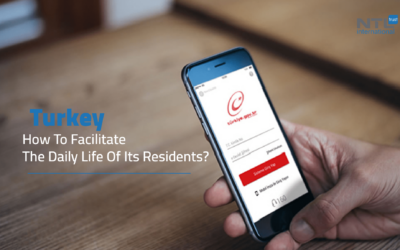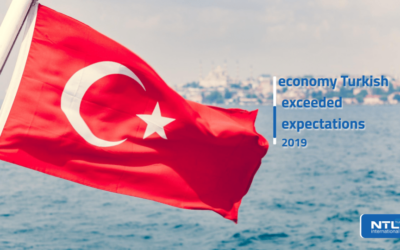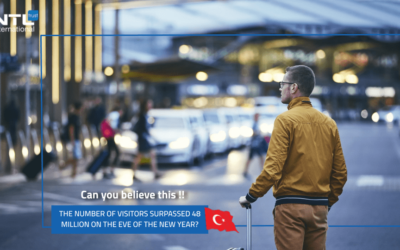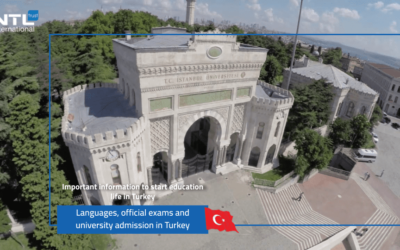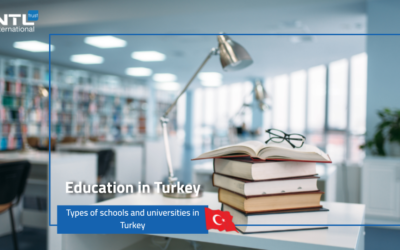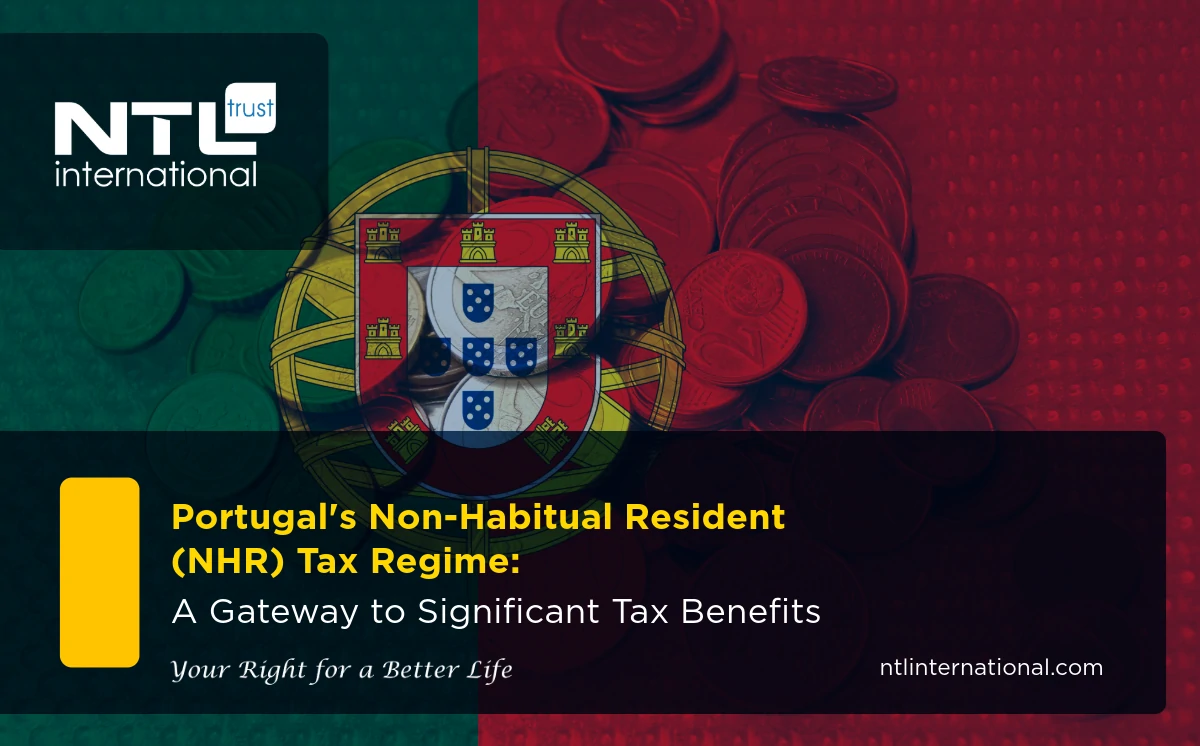
The Non-Habitual Resident (NHR) tax regime is one of the most attractive incentives offered by the Portuguese government, providing significant tax benefits for individuals seeking to relocate to Portugal and enjoy a favorable tax environment. Thanks to its mild climate, affordable cost of living, and advantageous tax system, Portugal has become one of the most preferred European countries for both living and investing.
What is Portugal’s Non-Habitual Resident?
Portugal’s Non-Habitual Resident (NHR) tax regime is a special program designed to attract foreign professionals, retirees, and high-net-worth individuals by offering substantial tax incentives. Established to boost Portugal’s economy through foreign investment and expertise, the NHR regime allows qualifying individuals to benefit from reduced tax rates on specific types of income.
Key Tax Benefits of the NHR Regime
- Flat Tax Rate: Under Portugal’s Non-Habitual Resident, most employment and self-employment income earned in Portugal is taxed at a flat rate of 20%, significantly lower than standard Portuguese tax rates.
- Foreign Income Exemptions: Certain foreign-sourced income, such as pensions, dividends, interest, and royalties, may be exempt from Portuguese taxation if taxed in the source country.
- 10-Year Duration: Once granted, the NHR status provides these tax benefits for a period of 10 consecutive years.
Eligibility and Application Process
To qualify for Portugal’s Non-Habitual Resident, individuals must:
- Become a Tax Resident in Portugal: Reside in Portugal for more than 183 days in a 12-month period or maintain a habitual residence in the country.
- Not Have Been Tax Resident in Portugal in the Previous 5 Years: This requirement ensures the regime targets new residents.
- Application Deadline: Individuals must apply for NHR status with the Portuguese tax authorities by March 31, 2025, following the year they become tax residents.
How to Apply for Non-Habitual Resident Status
- Register as a Tax Resident: Obtain a Portuguese tax identification number (NIF) and register your residence.
- Submit an NHR Application: Complete the application through the Portuguese Tax Authority’s online portal.
- Provide Supporting Documents: This may include proof of residency, tax residency status from previous countries, and relevant identification documents.
Portugal’s Non-Habitual Resident (NHR) tax regime offers an attractive opportunity for individuals seeking to optimize their tax obligations while enjoying the vibrant lifestyle that Portugal provides. For more information about the program, you can contact our experts in citizenship and golden residency programs at NTL.
Frequently Asked Questions
What Types of Income Are Taxed Under the NHR Regime?
Income from employment, self-employment, pensions, dividends, interest, and royalties. However, foreign income may be exempt under double taxation treaties.
What Are the Advantages of Being a Non-Habitual Resident in Portugal?
Reduced flat tax rate, exemptions on foreign income, and access to Portugal’s high quality of life, healthcare, and safety.
Can I Renew My NHR Status After 10 Years?
No, the NHR status is granted for a maximum of 10 years without the possibility of renewal. However, individuals can continue residing in Portugal under standard tax rules.
Türkiye’s Transition to The Electronic System E-Devlet
Türkiye’s transition to the Electronic system:
Day-after-day e-government services in Türkiye contribute to facilitating the daily lives and transactions of citizens and residents by saving time and efforts. These services vary between municipal services, ministries services, issues related to judicial cases, registration procedures for exams and universities, health and social insurance procedures. Besides, patients can obtain appointments at hospitals through the Internet, in addition to the possibility of applying for unemployment aids and applying for a passport.
Turkish Economy Exceeded Expectations
The Turkish economy delivered a performance that exceeded expectations last year and is forecast to post significant growth this year.
According to the Investment Office of the Presidency of the Turkish Republic, Türkiye has jumped up 10 places and ranked 33rd in the World Bank’s Doing Business 2020 report. It ranked 69th in 2017, 60th in 2018, and 43rd in the 2019 editions of this report.
More than 48 million visitors on New Year’s Eve in Türkiye
The charming Türkiye, The Top Tourist-Generating Country.
Türkiye ranked fourth in Europe in the list of best tourist hosts. Where it hosted in the eleven months of the year 2019 until the eve of the New Year nearly 48 million and 46 thousand and 732 visitors. The largest number of visitors were from Russia, Germany and the United Kingdom, followed by Bulgaria, Iran and Georgia, with expectations of receiving 70 million tourists before 2023.
Languages, Official Exams and University Admission in Türkiye
It is said: “The Turkish language does not accept competition in its country.” Therefore, anyone who thinks about life, learning, and work in Turkey must seriously consider affiliation with the Turkish language teaching institutes for foreigners, which vary in three sources: public universities institutes, private centers, and municipal centers, the differences between these sources are reflected in the curriculum and method of language teaching and whether it focuses on teaching the daily life language, or the academic language, and in the schedule of these courses Quarterly system as in universities or other system, as well as tuition fees for these courses, and the privileges like accredited certificate at most Turkish universities.
Types of Schools and Universities in Türkiye
A family residing in Turkey has several options for teaching children in Turkish schools and universities, Let us begin with schools that vary between public and private schools.

